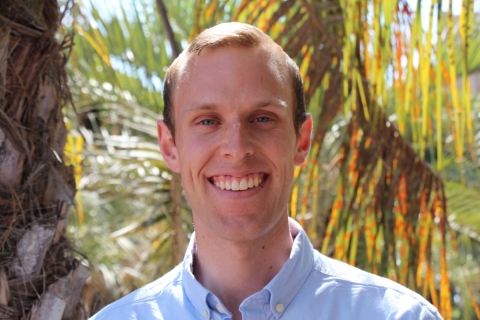
Date:
Location:
Speaker:
Abstract
The global demand for clean water necessitates advanced water treatment strategies. Polymer membranes offer an effective purification method, yet suffer from fouling, a tradeoff between permeability and selectivity, and relatively high energy costs to achieve the highest separation quality. A model membrane material, poly(ethylene oxide) (PEO) is a structurally simple, hydrophilic polymer which is known to improve water flux and antifouling behavior when coating a membrane surface. However, fundamental understanding is missing on how PEO integrates water’s extended hydrogen bonding network and modulates its dynamical properties across length scales.
This thesis defense will present advanced magnetic resonance characterization tools to investigate the complex hydration behavior near PEO. In particular, double electron electron resonance (DEER) and Overhauser dynamic nuclear polarization (ODNP) offer powerful molecular-scale probes of polymer-water interactions through the use of paramagnetic spin labels tethered to the PEO chain. We apply DEER spectroscopy to establish the distribution of end-to-end distances of PEO in dilute aqueous solution and observe its semiflexible conformation and excluded volume scaling with molecular weight. ODNP experiments of PEO at varying polymer concentration measure sub nanosecond water dynamics within 1 nm of the spin-labeled polymer to resolve the length-scale dependent effect of PEO’s hydration shell on macroscopic water diffusion. Molecular dynamics simulations corroborate these findings and establish a critical link between water structure and water dynamics.



